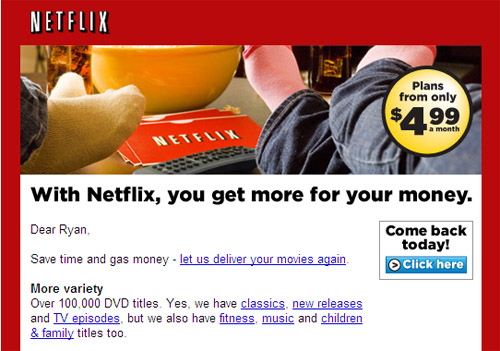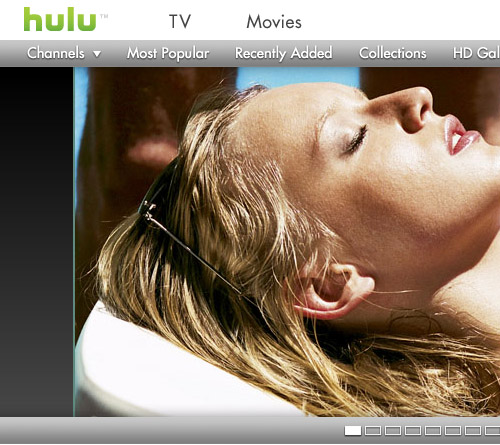To see more of my 2011 tech predictions - click here This will be the year where the internet finally makes it's way into the living room... and I don't mean as a laptop or iPad as you watch television. For many homes, the TV is already the focal point of the living room and it's been a matter of time before the web and the television hook up in an intelligent, simple way. To date, this has mostly been accomplished by bulky solutions geared towards techies: ie connecting a Mac Mini to the television. But all the trends point towards 2011 being the year that the living room begins to go digital in a more mainstream way: - Television prices have gone way down. You can now buy gorgeous, large TVs for under $1,000 (less than many laptops). Those TVs have numerous inputs are are plug-and-play for other connected devices.
- You can spend more and get an internet connected television... which comes equipped with widgets, apps, etc.
- The content is there: Netflix and Pandora and beloved by millions. Along with a growing number of other great apps and content sources (ie: ESPN3, Hulu, Xfinity.tv, etc) - the web plays an important role in your media consumption. This trend will continue in a massive way (which is why folks like Comcast and ESPN are racing to address it).
- External devices are readily available, relatively inexpensive and are easily integrated: Google TV, Boxee, Apple TV, etc.
- The web now runs in the air. Think about most of your daily computing needs (certainly those that would run on the TV): email, browsing, search, light documents, Facebook, etc. All of this can be done from a browser and does not require a fancy machine... thus enabling lightweight 'computers' like the Google TV to be super effective.
- Someone(s) will figure out more compelling ways to watch TV... which is becoming a passive activity (our TV is frequently on but I am rarely ever fully engaged). Google TV is close: the screen-in-screen approach is compelling. The solution may be appearance related (ie Google TV) or perhaps activity (ie GetGlue, Facebook integration, etc). Whatever it looks like - there is lots of opportunity for innovation... and our TV-watching habits encourage it.






